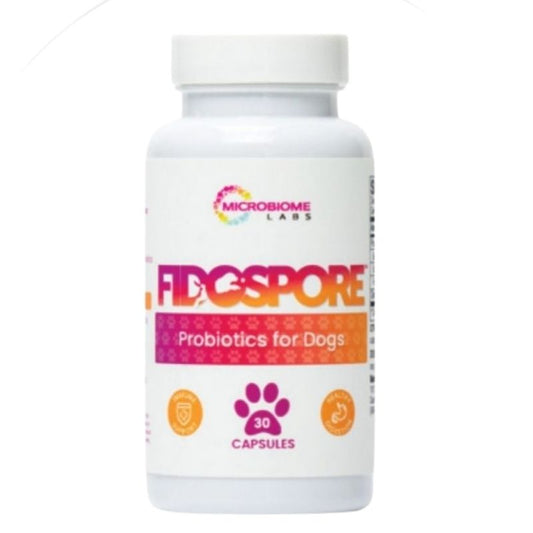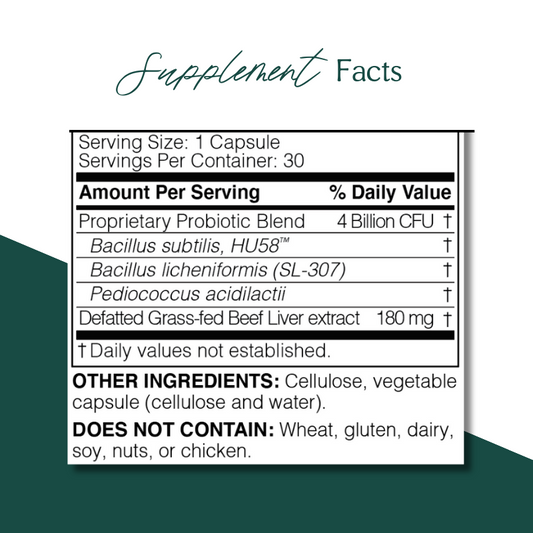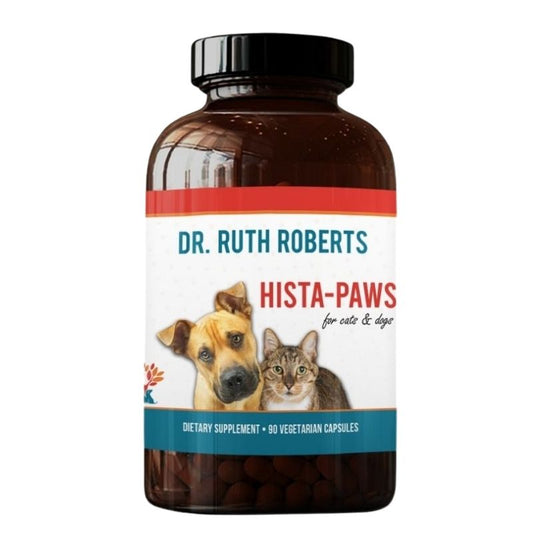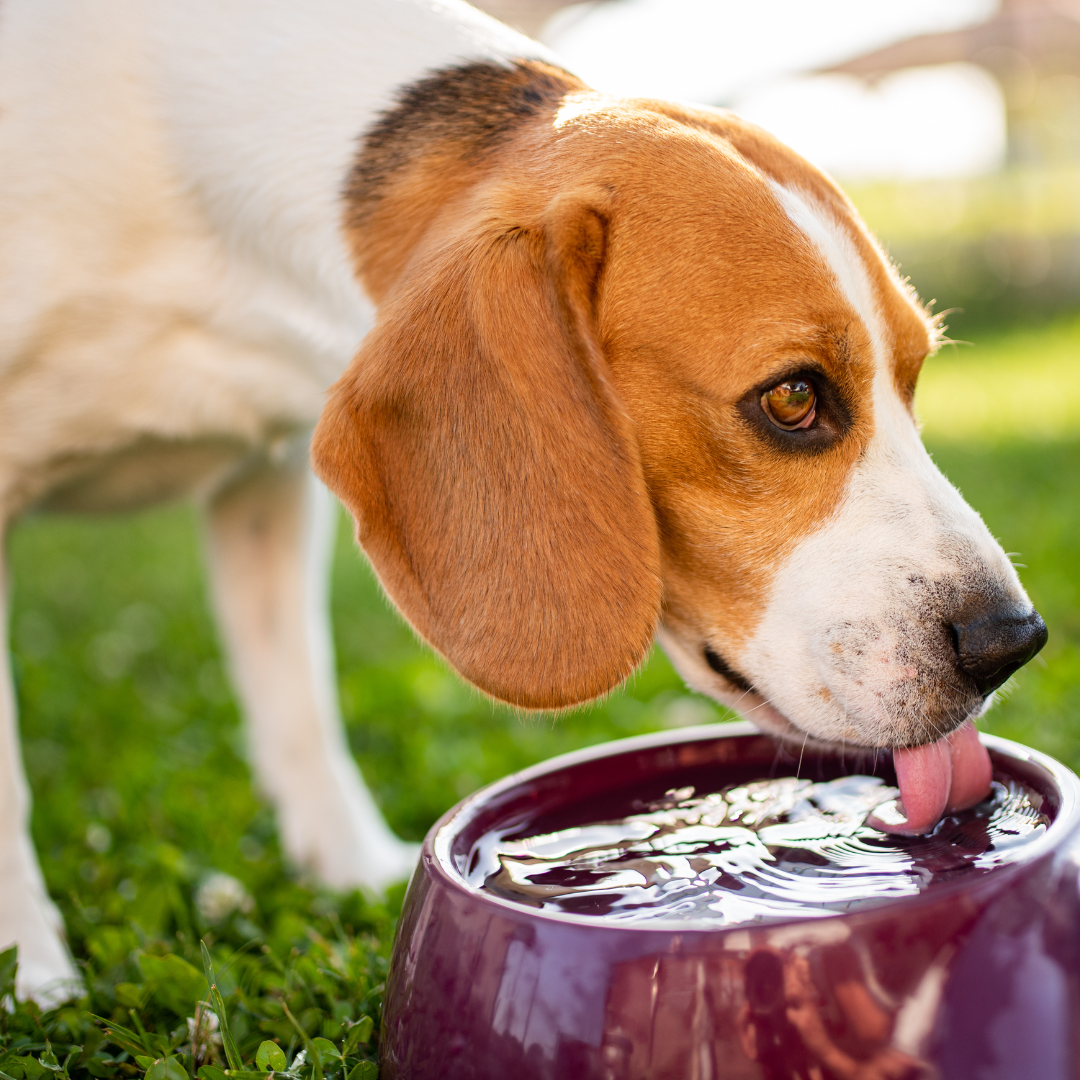
Kidney Support Protocol
The kidneys play a crucial role in filtering waste products from the blood, regulating electrolytes and fluid balance, and producing hormones that control various bodily functions. When the kidneys are not functioning properly, it can lead to a buildup of waste products in the body, electrolyte imbalances, and other health issues. Advanced Kidney Disease is heartbreaking, but there are so many methods to slow the worsening of Kidney Disease. Dr. Ruth Roberts create these kidney health protocols for your pet, aimed at providing support and aiding in the management of kidney disease.

Dr. Ruth's Courses
The Original Crockpet Diet™ Recipes Course
Share









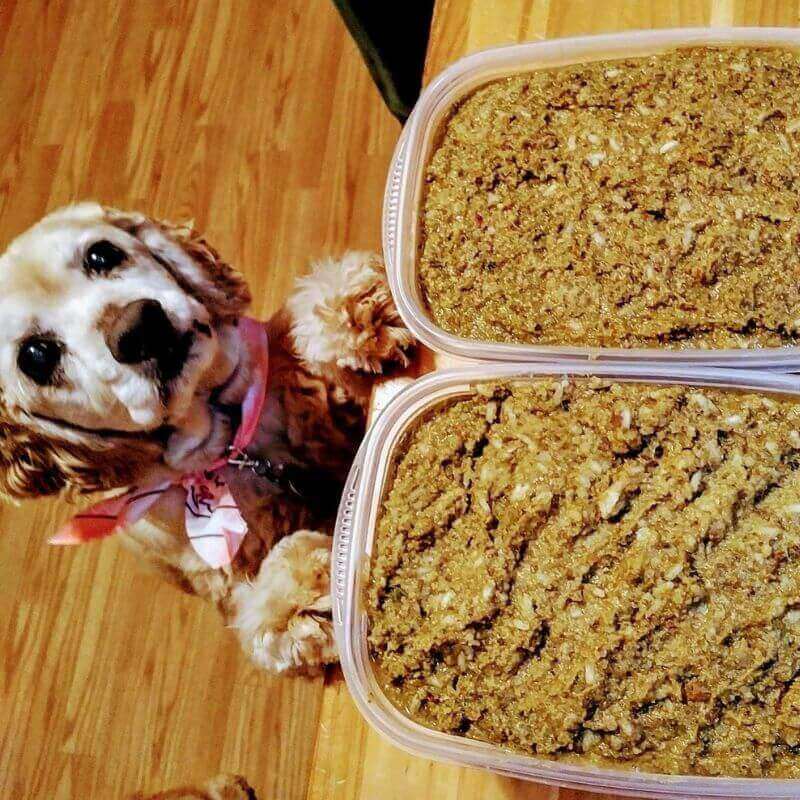


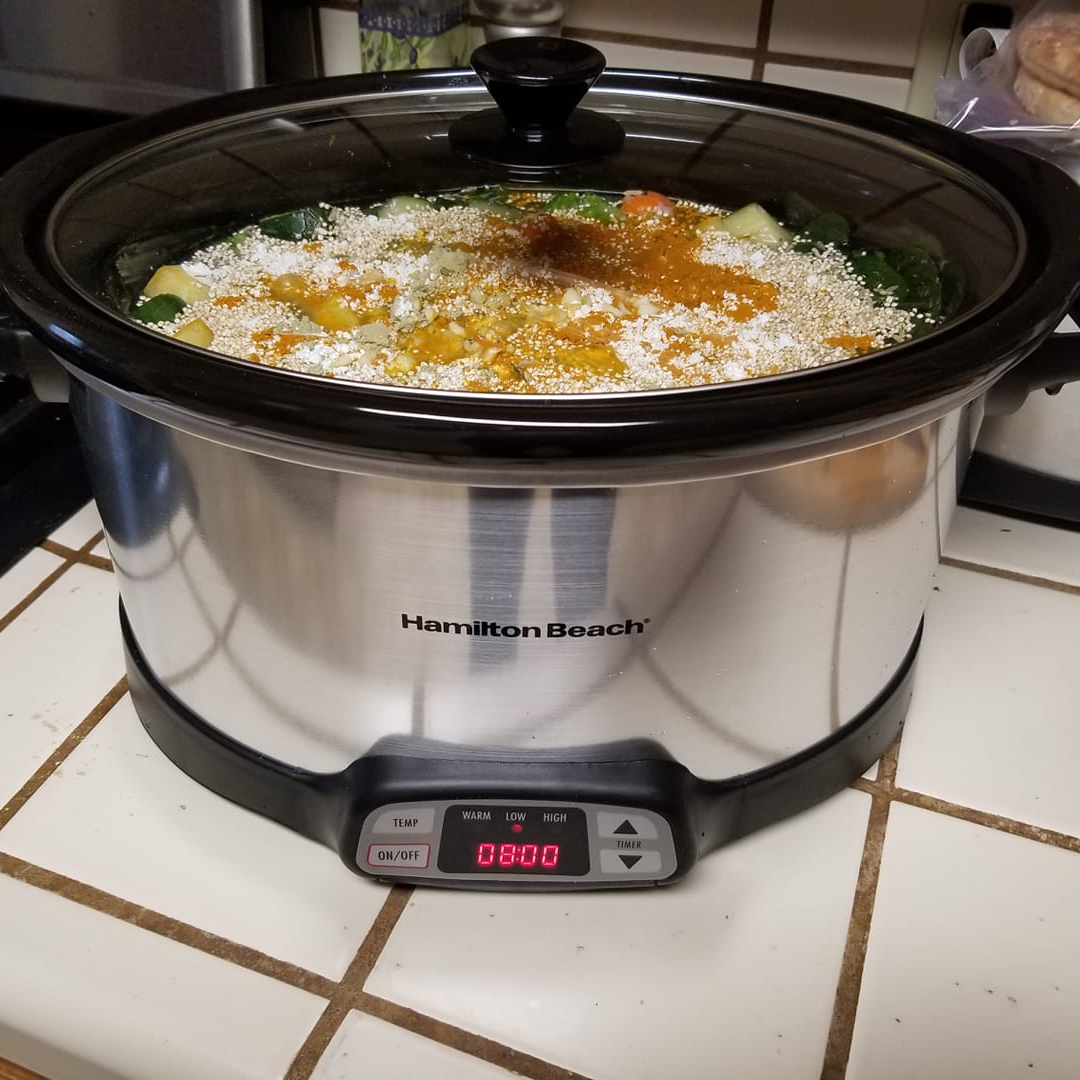
-
Kidney Health Care Course for Dogs and Cats - Dr. Ruth Roberts
(42)Regular price $31.99 USDRegular priceUnit price per$127.00 USDSale price $31.99 USDDr. Ruth Roberts has created a comprehensive course called "Kidney Health Care Course for Dogs and Cats" to help improve your pet's kidney function. Also, reduce discomfort from kidney disease and renal failure, and promote a longer, healthier life. With this program, you will gain valuable insight into what to expect when your pet is diagnosed with kidney disease. You'll receive easy-to-follow recipes for delicious, home-cooked healthy, and nutritious meals. Our program also includes a wealt...
Sale -
Kidney Health Starter Kit Course For Dogs and Cats
(42)Regular price $11.99 USDRegular priceUnit price per$27.00 USDSale price $11.99 USDIntroducing the Kidney Health Starter Kit for Dogs and Cats by Dr. Ruth Roberts – the ultimate resource to support your beloved pets' kidney health. This comprehensive online course is designed to equip pet owners with the knowledge and tools they need to promote optimal kidney function and maintain their furry friends' well-being. Dr. Ruth Roberts, a renowned veterinarian with extensive experience in pet care, has created this course to address the specific needs of pets with kidney health c...
Sale -
The Complete CrockPET Diet Kit - Holistic Natural Dog Food
(42)Regular price $206.84 USDRegular priceUnit price perPrioritize your pet's well-being with The Complete CrockPET Diet Kit - Holistic Natural Dog Food. This resource is ideal for pet owners who desire a long, healthy life for their furry companions—offering an ultimate CrockPET Diet® that is formulated by dr Ruth Roberts and packed with all the nutrients your dog. By utilizing The Original CrockPET Diet® and the kit's supplements, you can provide your pet with delectable and nutritionally adequate meals. When you purchase this starter kit, you'l...
-
Fidospore by MicroBiome Labs - Digestive Probiotic for Pets
(42)Regular price $43.99 USDRegular priceUnit price perFidospore by Microlabs is a premium digestive probiotic designed to address a common issue among pets: digestive problem. This powerful formula is packed with beneficial probiotics that work to restore the balance of healthy gut bacteria in your pet’s digestive system. Fidospore is easy to administer and safe for all breeds of dogs and cats. Simply sprinkle the recommended amount onto your pet’s food, and let the probiotics work their magic. With regular use, Fidospore can help to improve you...
-
Hista Paws - Herbal Allergy Supplement for Cats and Dogs
(42)Regular price $42.90 USDRegular priceUnit price perLooking for a natural and effective solution to alleviate your pet's allergies? Hista Paws with Quercetin and Nettles is the perfect solution! Our herbal allergy supplement is specially formulated for cats and dogs, and contains a powerful blend of natural ingredients that work together to soothe and relieve allergy symptoms. Quercetin, a natural flavonoid found in fruits and vegetables, helps to block the release of histamines in the body, which are responsible for triggering allergy symptom...
-
Omega Pawz - Liquid Fish Oil Supplement for Pet’s Energy Booster
(42)Regular price $37.82 USDRegular priceUnit price perBoost your pet's energy and overall health with Omega Pawz by Dr.Ruth Roberts. Our premium fish oil supplement is packed with omega-3 fatty acids, EPA, and DHA to promote healthy skin, coat, and joint function, improved memory, cardiovascular health and more! Our liquid formula is easy to administer - simply add a few drops to your pet's food or water each day. Unlike many fish oil supplements, Omega Pawz is made with pure, high-quality fish oil and is free from artificial additives and prese...
-
C60 Purple Power - Antioxidant with Organic Avocado Oil (59ml)
(42)Regular price $60.00 USDRegular priceUnit price perGive your pet the gift of optimal health with C60 Purple Power antioxidant! This oil is made with 100% organic cold-pressed avocado oil, ensuring that your pet gets only the best quality ingredients. Our supplement is rich in antioxidants, which help to protect your pet's body from harmful free radicals, reducing the risk of age-related diseases and promoting longevity. C60 Purple Power organic avocado oil is perfect for pets of all ages and sizes, and is especially beneficial for pets with j...
-
UTR™ - Urinary Tract Support with Antioxidant
(42)Regular price $27.97 USDRegular priceUnit price perAmber Naturalz UTR™ is the ideal supplement for pets in need of urinary tract support. Each chewable tablet is packed with powerful ingredients designed to flush out impurities and keep your pet's urinary system functioning properly. The blend of natural ingredients, including antioxidants, helps protect against oxidative stress and promotes healthy cellular function. Whether your pet is prone to urinary tract infections or just needs some extra support, Amber natural UTR™ is the perfect solu...
Sold out -
Amber Naturalz Kidney Rejuvenator - Kidney Cleanse Supplement
(42)Regular price $29.97 USDRegular priceUnit price perAmber Naturalz Kidney Rejuvenator is a powerful kidney cleanse supplement that helps promote healthy kidney function and supports overall urinary tract health. The ingredients have been carefully selected for their beneficial properties, and are free from harmful chemicals and additives. This natural supplement is made from a blend of herbs and botanicals that are known to support kidney health and detoxification. Whether you are looking for a natural way to support your pet’s kidney health o...
Sold out -
Vitality - Mushroom Drops for Dog with Adaptogen Tincture
(42)Regular price $49.49 USDRegular priceUnit price per$54.99 USDSale price $49.49 USDIf you're looking for a natural way to improve your furry friend's health, look no further than Vitality - Mushroom Drops for Dogs with Adaptogen Tincture. A natural supplement is formulated to boost your dog's immune system, promote vitality, and support overall health. The Mushroom Drops for Dogs with Adaptogen Tincture is packed with powerful, immune-boosting ingredients that are great for your dog's health. Here are a few key components: Turkey Tail is a powerful tool in the fight agains...
Sale -
The Crockpet Health Bundle: Recipe + Kidney & Gut Health Course
(42)Regular price $69.99 USDRegular priceUnit price perKeep your pup healthy and happy with The Original Crockpet Diet bundled with Gut Health and Kidney Health Course! Learn the secret of Dr. Ruth Roberts' CrockPET recipe made from only the highest quality ingredients. Designed and carefully selected for a balanced diet and ensure your pet receives all the essential nutrients they need. To ensure your pet's overall health and wellbeing, this bundle also includes a comprehensive course on pet’s kidney health where you'll learn all about kidney di...
-
Pet Rentone Caplets – Kidney Support Supplements for Pets
(42)Regular price $37.00 USDRegular priceUnit price per$0.00 USDSale price $37.00 USDThe Benefits of Rentone Caplets Kidney Support Supplements Kidney function is one of the most critical aspects of your pet's health. Unfortunately, kidney problems are common in pets and can cause serious health issues if left untreated. But don't worry, we've got you covered with Pet Rentone Caplets – the natural solution to help support your pet's kidney health. Here are the benefits your pet can get: Promotes healthy kidney function Pet Rentone™ Caplets are specially formulated with a uniq...
-
Pet Rentone Drop - Pet's Kidney Health Supplements
(42)Regular price $25.00 USDRegular priceUnit price perThe Benefits of Rentone Drop - Pet’s Kidney Health Supplements Pet Rentone Drop is a natural pet supplement designed to support kidney health in cats and dogs. It's made with a unique formula of herbs and minerals that work together to improve kidney function and promote overall health. Here are three distinct content sections highlighting the main benefits of these supplements for kidney health. Reduce the Risk of Kidney Problems Pet Rentone™ Drop is formulated to reduce the risk of kidney...
Sold out -
C60 Purple Power - Antioxidant with Organic Avocado Oil (118 ml)
(42)Regular price $117.00 USDRegular priceUnit price perGive your pet the gift of optimal health with C60 Purple Power antioxidant! This oil is made with 100% organic cold-pressed avocado oil, ensuring that your pet gets only the best quality ingredients. Our supplement is rich in antioxidants, which help to protect your pet's body from harmful free radicals, reducing the risk of age-related diseases and promoting longevity. C60 Purple Power organic avocado oil is perfect for pets of all ages and sizes, and is especially beneficial for pets with j...
-
PetsPEMF Pad - PEMF Mat for Dogs and Cats
(42)Regular price $399.00 USDRegular priceUnit price perThe Best PEMF Mat for Dogs & Cats! Introducing the PetsPEMF Pad – the ultimate game-changer for your furry friends. This PEMF mat for dogs and cats is designed to support your dogs or cats mobility and comfort, especially suitable for pet with joint pain and arthritis. PEMF Pad Key Benefits: Non-invasive Pain Relief Reduced Swelling Improved Joint Health Accelerated Post-Surgery Recovery What is PEMF Therapy? PEMF therapy involves sending magnetic energy into the body. It syncs u...
-
HEAL - Full Spectrum Oil For Dogs with Seizures, Auto-Immune, and Cancer
(42)Regular price $99.99 USDRegular priceUnit price per$0.00 USDSale price $99.99 USDFull Spectrum Oil for Dogs with Seizures, Auto-Immune, Cushing's Disease, and Cancer Help your dog live a happier and healthier day-to-day life with Full Spectrum Oil Dog Health’s HEAL. Harnessing the therapeutic power of Full-Spectrum Extract, HEAL offers a holistic alternative that supports dogs suffering from Cushing’s Disease, cancer, seizures and more. For best absorption, the tincture should be applied directly on your dog’s gums, other options include on their food, or rubbed into the ...
Kidney Disease in Pets
Kidney disease in pets, also known as renal disease or renal failure, refers to a condition where the kidneys are unable to adequately perform their essential functions. The kidneys play a critical role in maintaining a pet's overall health by filtering waste products, regulating electrolyte balance, managing blood pressure, and producing essential hormones. When the kidneys are compromised, these functions are impaired, which can lead to a range of health issues.
Common Causes of Kidney Disease in Pets
🐱 Aging: As pets grow older, their kidneys naturally undergo wear and tear, making them more susceptible to kidney-related issues.
🐱 Genetic Predisposition: Certain breeds may have a higher predisposition to kidney disease due to inherited factors.
🐱 Toxins: Exposure to harmful substances like certain plants, chemicals, and medications can lead to kidney damage.
🐱 Infections: Bacterial or viral infections can directly affect the kidneys or lead to secondary complications.
🐱 High Blood Pressure: Elevated blood pressure levels can strain the kidneys over time, contributing to kidney disease.
Common Symptoms to Watch For
🐶 Increased Thirst and Urination: Excessive drinking and urination are early signs of kidney dysfunction.
🐶 Loss of Appetite and Weight: Kidney disease can lead to a decreased appetite and subsequent weight loss.
🐶 Lethargy and Weakness: Pets with kidney issues may exhibit reduced energy levels and overall weakness.
🐶 Vomiting and Diarrhea: Gastrointestinal disturbances are common in pets with kidney disease.
🐶 Changes in Urine Color and Frequency: Look for alterations in urine color, consistency, and frequency of urination.
Types of Kidney Disease in Pets
Acute Kidney Disease (AKD): This type of kidney disease occurs suddenly and often as a result of a specific event or condition, such as ingestion of toxic substances, severe dehydration, or certain infections. With prompt and appropriate treatment, some cases of AKD can be reversible.
Chronic Kidney Disease (CKD): This form of kidney disease develops over a longer period, often due to age-related wear and tear on the kidneys. It can also result from underlying conditions like high blood pressure, diabetes, or certain genetic factors. CKD is a progressive condition that requires ongoing management.
Supportive Relief For Pets With Kidney Disease
✅ Provide a balanced, renal-friendly diet for vital nutrition.
✅ Encourage hydration with accessible, clean water sources.
✅ Combat inflammation with Omega-3 fatty acids from fish oil.
✅ Support kidney function with supplements tailored to your pet's needs.
✅ Promote gut health with probiotics, prebiotics, and fiber-rich foods
IRIS Treatment Recommendations for Chronic Kidney Disease (CKD)
All chronic kidney disease (CKD) treatments must be personalized for each patient. For the majority of animals at each stage, the following suggestions are good places to start. Serial monitoring of these individuals is ideal, and treatment should be tailored to the patient's reaction.
I use the products above for all my consulting clients, to get fantastic health outcomes. I've recommended them for years, and use them for my own pets to keep their health and immune function top notch.
See More Pet Protocols
-
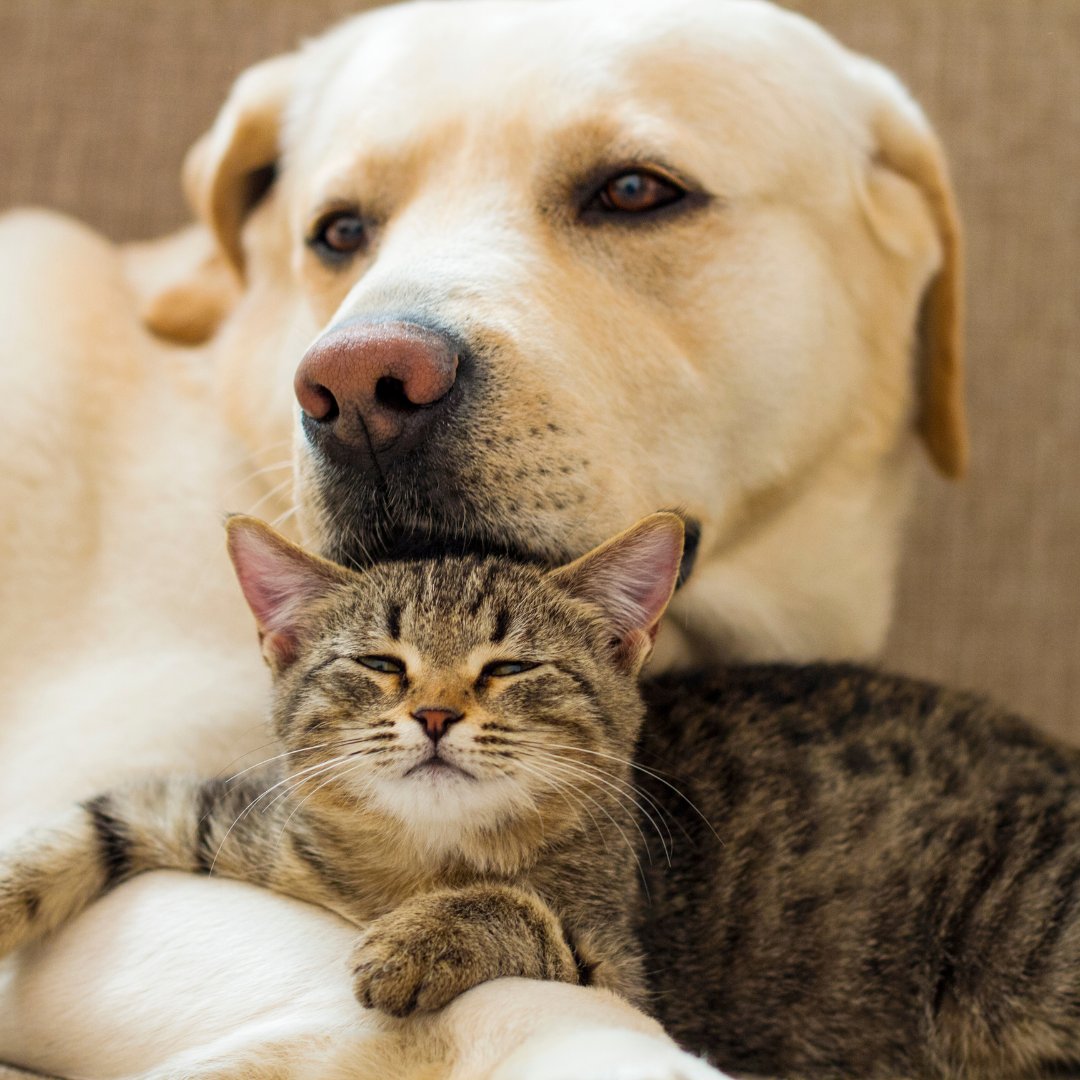
Liver Support Protocol
Liver Enzyme elevation is rarely life-threatening, but it means at least 75%...
-

Post Surgery Support Protocol
If your pet has a big surgical procedure coming up, get her...
-

Respiratory Support Protocol
Our Respiratory Support collection was made with the goal of making supporting...
-

Post Surgery Support Protocol
If your pet has a big surgical procedure coming up, get her...







